Home > Climate News >

Breaking down the Inflation Reduction Act program by program, incentive by incentive
The Inflation Reduction Act is the biggest investment in clean energy and climate solutions in American history, so it can be hard to keep track of everything in it. This spreadsheet breaks down the funding opportunities in the bill in a way that allows a variety of users to easily find out which IRA programs and tax incentives can benefit them.
In particular, this spreadsheet was developed for use by:
- State and local/municipal governments
- Tribal Nations
- Businesses
- Non-profits
- Institutions of higher education
- Individual consumers

Study: Climate change increases global risk to urban forests
Climate change threatens the health and survival of urban trees and the various benefits they deliver to urban inhabitants. Here, we show that 56% and 65% of species in 164 cities across 78 countries are currently exceeding temperature and precipitation conditions experienced in their geographic range, respectively. We assessed 3,129 tree and shrub species, using three metrics related to climate vulnerability: exposure, safety margin and risk.

Research: Declining urban and community tree cover in the United States
Urban forests provide many benefits to society, including moderating climate, reducing building energy use and atmospheric carbon dioxide (CO2), improving air and water quality, mitigating rainfall runoff and flooding, enhancing human health and social well-being and lowering noise impacts (Nowak and Dwyer, 2007)…
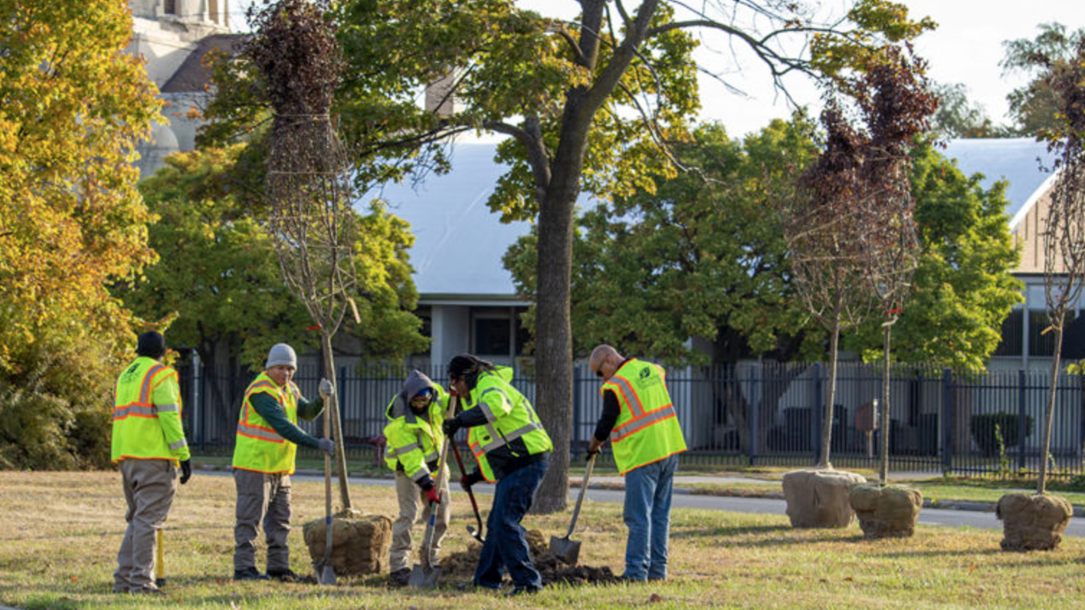
Cities are rethinking what kinds of trees they’re planting
The U.S. Forest Service estimates that cities are losing some 36 million trees every year, wiped out by development, disease and, increasingly, climate stressors like drought. In a recent study published in Nature, researchers found that more than half of urban trees in 164 cities around the world were already experiencing temperature and precipitation conditions that were beyond their limits for survival.
“So many of the trees that we’ve relied upon heavily are falling out of favor now as the climate changes…”
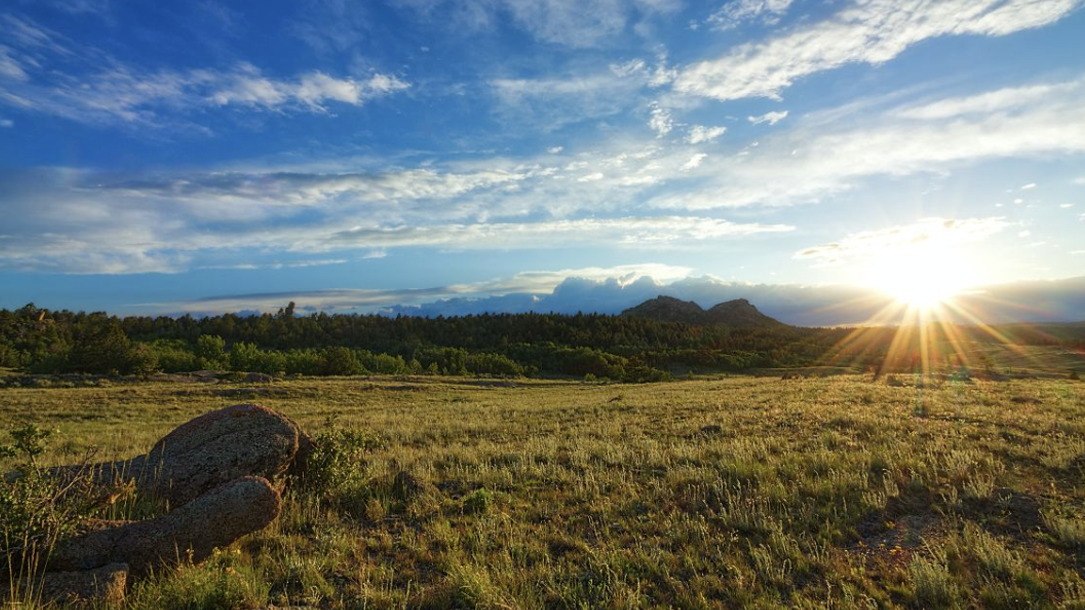
A fresh look into grasslands as carbon sinks
The researchers also found that continuous livestock grazing reduces plant cover, diversity, and productivity, and that seasonal or rotational grazing show the least negative effects and can even promote soil carbon storage.
“[We found that grassland ecosystems’] plant and microbial biodiversity and functions can be restored by improving grassland management, leading to substantial carbon removal from the atmosphere thus contributing to climate change mitigation”…

Talking climate in a red state
Climate change has become one of the most politically-polarized topics in the entire country. Today, the extent to which we agree with the simple facts that climate is changing, humans are responsible, the impacts are serious, and action is needed has nothing to do with how much science we know and everything to do with where we fall on the political spectrum.
In such a polarized environment, how can we have constructive conversations that move us forward together rather than driving us farther apart? Katharine Hayhoe untangles the science behind how our beliefs shape our identity and highlights the key role our values can play in shaping our conversations on this crucial topic.

New 50-year study offers insight into effects of climate on bird reproduction
Beyond effects of a warming climate on individual species’ reproductive output, the study also considered whether climate change may affect offspring production by interacting with other attributes of the birds…
Warming temperatures also were associated with less offspring production among relatively large birds. These changes were not necessarily caused directly by climate change but by the effects of climate change on the life histories and ecological traits of species that influence clutch size and rates of nesting failure over time…
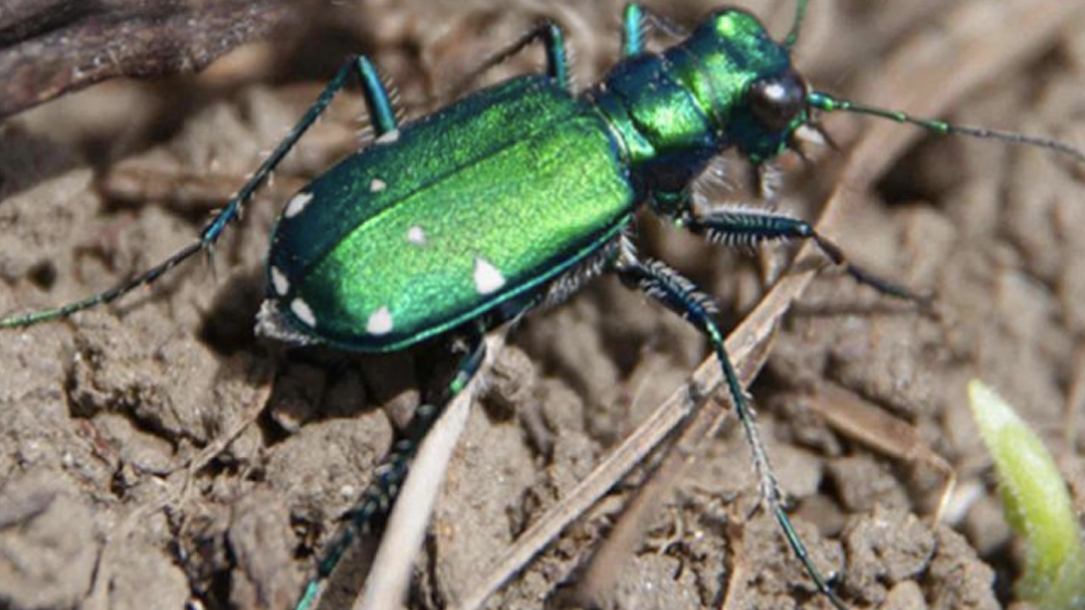
Future of many North American crops may depend on ground beetles’ response to climate change
By analyzing data on 136 different ground beetle species from diverse habitats across continental North America, Puerto Rico and Hawaii, the researchers found that a species’ odds of success in a changing climate depend on several core traits, such as its habitat preference, body size, and whether it flies, burrows, climbs, or runs.
“We found that less mobile, nonflying ground beetles, which are critical pest control agents, are more likely to decline over time in a warmer, dryer climate,” said Tong Qiu, assistant professor of multifunctional landscapes at Penn State, who led the study. “That means you’re going to have more pests that can impact agricultural and forest ecosystems…”
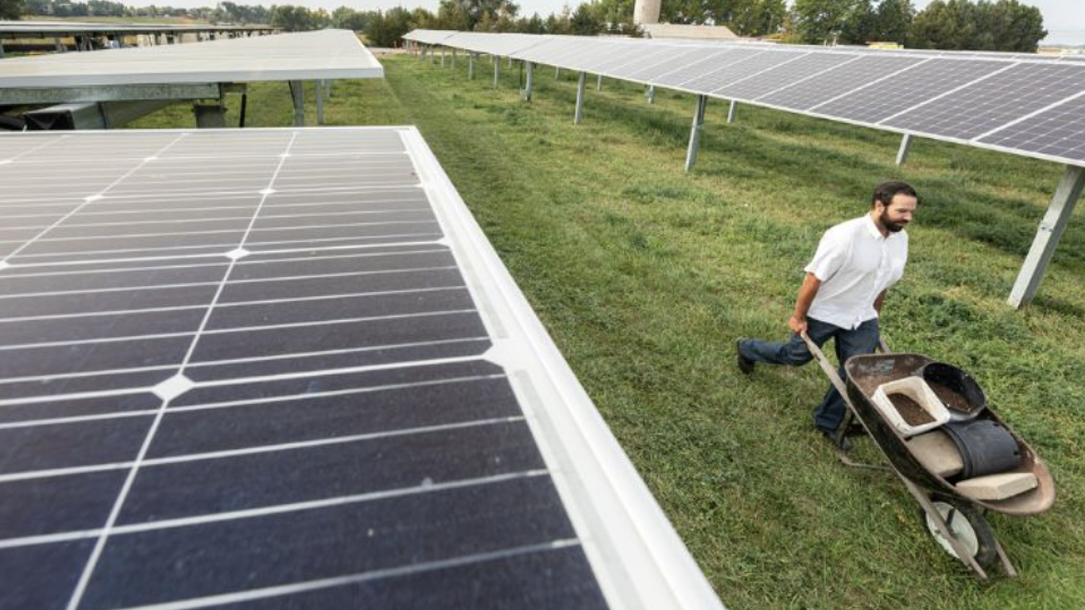
New Jersey approves pilot program to demonstrate feasibility of agrivoltaics
The New Jersey Board of Public Utilities (NJBPU) has approved an agreement with the Rutgers University Agrivoltaics Program (RAP) to facilitate the development and implementation of a Dual-Use Solar Energy Pilot Program over the next three years.
The pilot program will provide incentives to solar electric generation facilities located on unpreserved farmland that plan to maintain the land’s active agricultural or horticultural use. Dual-use solar can provide farmers with an additional stream of revenue, assisting with farm financial viability enabling continued agricultural or horticultural production of land while also increasing the statewide production of clean energy…
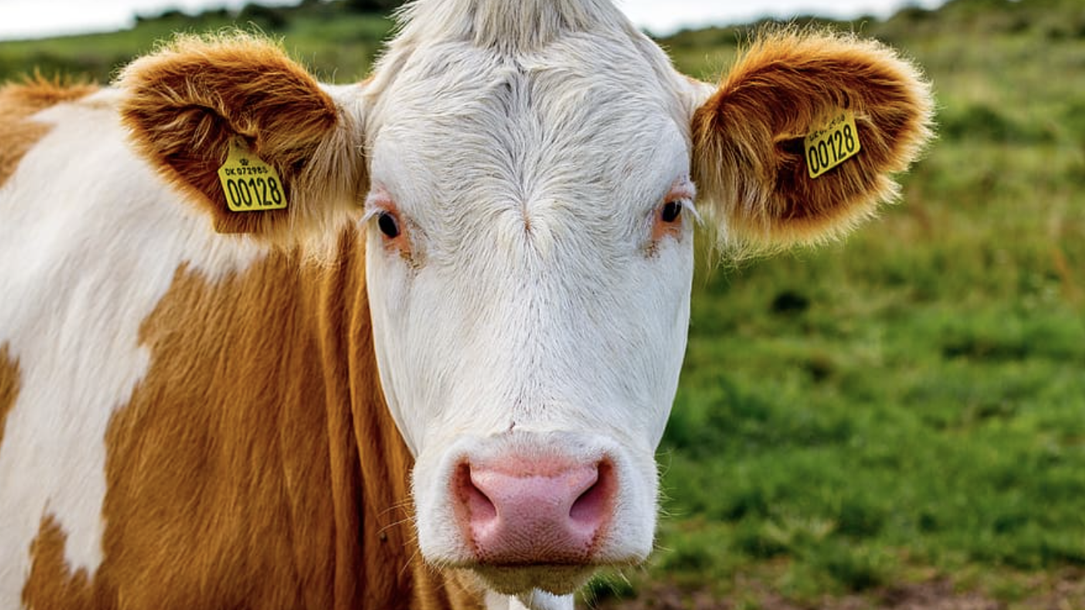
Research report: Antibiotics and temperature interact to disrupt soil communities and nutrient cycling
Soils contain immense diversity and support terrestrial ecosystem functions, but they face both anthropogenic and environmental stressors. While many studies have examined the influence of individual stressors on soils, how these perturbations will interact to shape soil communities and their ability to cycle nutrients is far less resolved. Here, we hypothesized that when soils experience multiple stressors their ability to maintain connected and stable communities is disrupted, leading to shifts in C and N pools.












